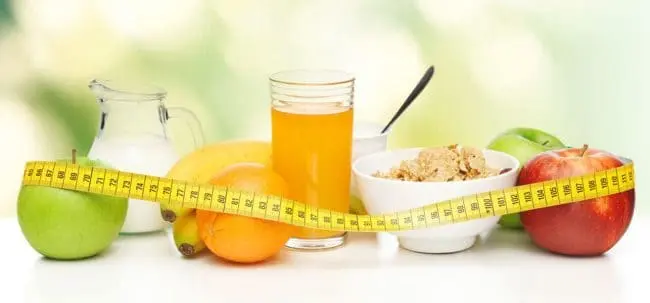The Top 10 Most Weight-Loss Friendly Foods
Introduction
When you planning to weight loss, the important is not just to eat less but to eat healthy foods. Certain foods are not only lower in calories but also packed with nutrients that keep you satisfied and energized throughout the day. These foods can help curb cravings, boost metabolism, and support overall health—all while contributing to your weight-loss goals.
In this guide, we introduce the top 10 most weight-loss-friendly foods, backed by science, to help you make smarter choices in your journey to a healthier you.
Eggs.
Disregard any of the previous information you may have heard about eggs causing high cholesterol. The results of recent research show that eggs do not raise cholesterol or trigger heart attacks. Eggs are a great source of healthful fats, such as omega-3s, and protein (one large egg has 6 grams of protein). These compounds provide less calories while promoting feelings of fullness.
Greens with leaves.
Leafy greens like kale, spinach, collards, Swiss chard, and others are high in fiber and low in calories and carbohydrates, which helps you feel full for longer. Include leafy greens in your meals to increase your intake without gaining extra calories. Moreover, leafy greens are rich in nutrients, including vitamins, minerals, and antioxidants that support your body and aid in weight reduction.
Fish with fat.
Fatty fish like salmon, mackerel, trout, sardines, herring, and others are rich in protein and omega-3 fatty acids, which help maintain a healthy weight. Iodine, which is essential for thyroid health, is also found in fatty fish and the majority of seafood. Your metabolism is kept going by a functioning thyroid.
Lean meat.
Eating meals high in protein is crucial if you want to lose weight and keep it off. Lean beef and chicken breast are high in protein. You may burn more calories each day and reduce your cravings for items that don’t help you lose weight by following a high-protein diet. Similar to eggs, red meat has a negative image, yet studies indicate that consuming unprocessed red meat does not raise your risk of diabetes or heart disease.
Avocados.
Avocados are rich in healthful fats, particularly monounsaturated oleic acid, the same lipid that is present in olive oil, in contrast to most other fruits that are heavy in carbs. Avocados also provide other vital elements like potassium and fiber. Avocados should be on your menu (and in your recipe) if you’re trying to find healthy fats to add to your diet.
Nuts.
A handful of nuts, which are also rich in good fats, are a terrific mid-meal snack. Cashews, pistachios, Brazil nuts, walnuts, and almonds are the healthiest nuts. However, only eat nuts in moderation because of their high-fat content. Also, avoid the salted ones whenever you can.
Grapefruit.
The majority of fruit is thought to be healthful, yet studies have shown that grapefruit can directly contribute to weight reduction. Insulin resistance can be decreased by eating half of a grapefruit before meals. You may feel fuller and consume less calories as a result.
Yogurt.
Consuming probiotic-rich yogurt might help you digest food more easily and guard against intestinal inflammation, which can cause weight gain. Make sure to choose full-fat yogurt and yogurt that has living, vibrant cultures. Studies reveal eating full-fat dairy may lessen your risk of obesity and type 2 diabetes over time.
Chia seeds.
Chia seeds are one of the greatest sources of fiber because, despite their high carbohydrate content, the bulk of their carbohydrates come from fiber. Chia seeds swell in your stomach after absorbing large amounts of water, which helps suppress hunger and promote weight reduction.
Whole grains.
While complete grains like quinoa, brown rice, and oats are strong in protein and fiber to promote fullness, not all grains are thought to be healthful. Steer clear of processed goods that claim to include “whole grains” and steer clear of refined grains. It’s also crucial to remember that grains contain a lot of carbohydrates, so you should restrict the quantity of whole grains in your diet if you’re watching how many carbohydrates you consume.
Conclusion
Incorporating these weight-loss-friendly foods into your diet can make a significant difference in achieving your health goals. By focusing on nutrient-dense, satisfying, and metabolism-boosting options, you can enjoy delicious meals while supporting your weight-loss journey. Remember, consistency and balance are key to long-term success!



